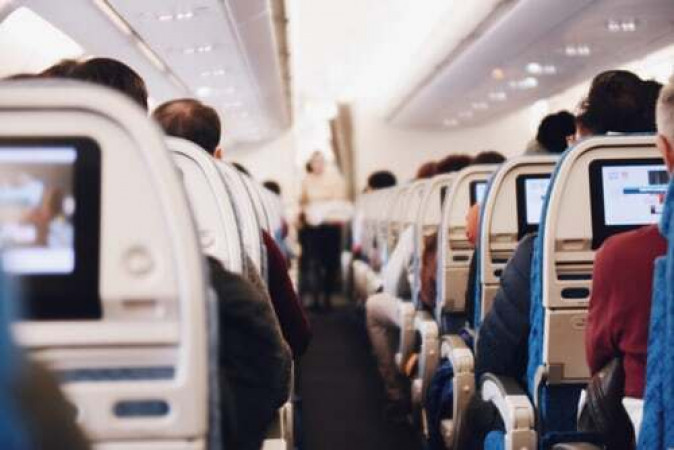
GERMANY LIFTS ENTRY BAN ON TRAVELLERS FROM INDIA, UK, PORTUGAL, RUSSIA
Date : 07th July, 2021
Germany has announced to remove its entery ban on travellers from India and 4 other countries from tomorrow.
Germany has begun easing strict Covid-19-related restrictions on travellers from India, Nepal, Portugal, Russia and the UK after the country’s public health institute declared these five nations are no longer areas of “variant of concern”. Reduced travel restrictions for travellers from India and the four other countries will be applicable from July 7, and their citizens can now travel to Germany and home quarantine on arrival for 10 days.
The stiff restrictions had been imposed on the five countries because of the more infectious Delta variant of the Coronavirus. The Robert Koch Institute, responsible for monitoring the Covid-19 situation, announced on Monday that these five countries had been downgraded to “high incidence areas”.
Must need of a negative test test result or proof of vaccination of recovery to their carrier prior of departure, the quarantine period is cut to 5 days or avioded altogether if they are fully vaccinated or have recovered from Covid-19. On Tuesday, German ambassador Walter Lindner tweeted about the changes in travel restrictions.
A large number of Indian students and professionals are currently planning to travel to Germany to resume classes or work. The number of Indian students in Germany in 2020 increased by 20.85% over the past year and stood at more than 25,000.
“High incidence areas” form the second highest risk category in the classification of the Robert Koch Institute. The institute said this classification is based on a two-step assessment – determining the countries where there were more than 200 new infections per 100,000 inhabitants in the previous seven days, and determining whether an especially high risk of infection exists, regardless of whether the incidence has been exceeded. India had been classified by Germany as an “area of variant of concern” from April 26 to July 6, before being downgraded to a “high incidence area”.
There have been questions about the ability of Indian nationals to travel to European Union (EU) states following the implementation of the EU Digital Covid Certificate or “green pass” from July 1. The green pass framework only recognises four vaccines approved by the European Medicines Agency (EMA) but they don’t include Covishield or Covaxin, the two main doses being used for India’s immunisation programme.
However, individual EU states have the option of recognising vaccines approved by the World Health Organization (WHO) or national authorities. India has asked EU states to exercise this option for Indian citizens travelling to Europe and said it will follow a policy of reciprocity in exempting EU nationals possessing the “green pass” from mandatory quarantine.
India has also said it expects its vaccinated citizens to be treated at par with those inoculated in EU states, and the recognition of its digital CoWIN vaccination certificates by the 27-member bloc on a reciprocal basis.
EU members Austria, Estonia, Germany, Greece, Ireland, the Netherlands, Slovenia and Spain, and Iceland and Switzerland, which aren’t in the bloc but are part of the Schengen visa regime, recognise Covishield for travel purposes.


